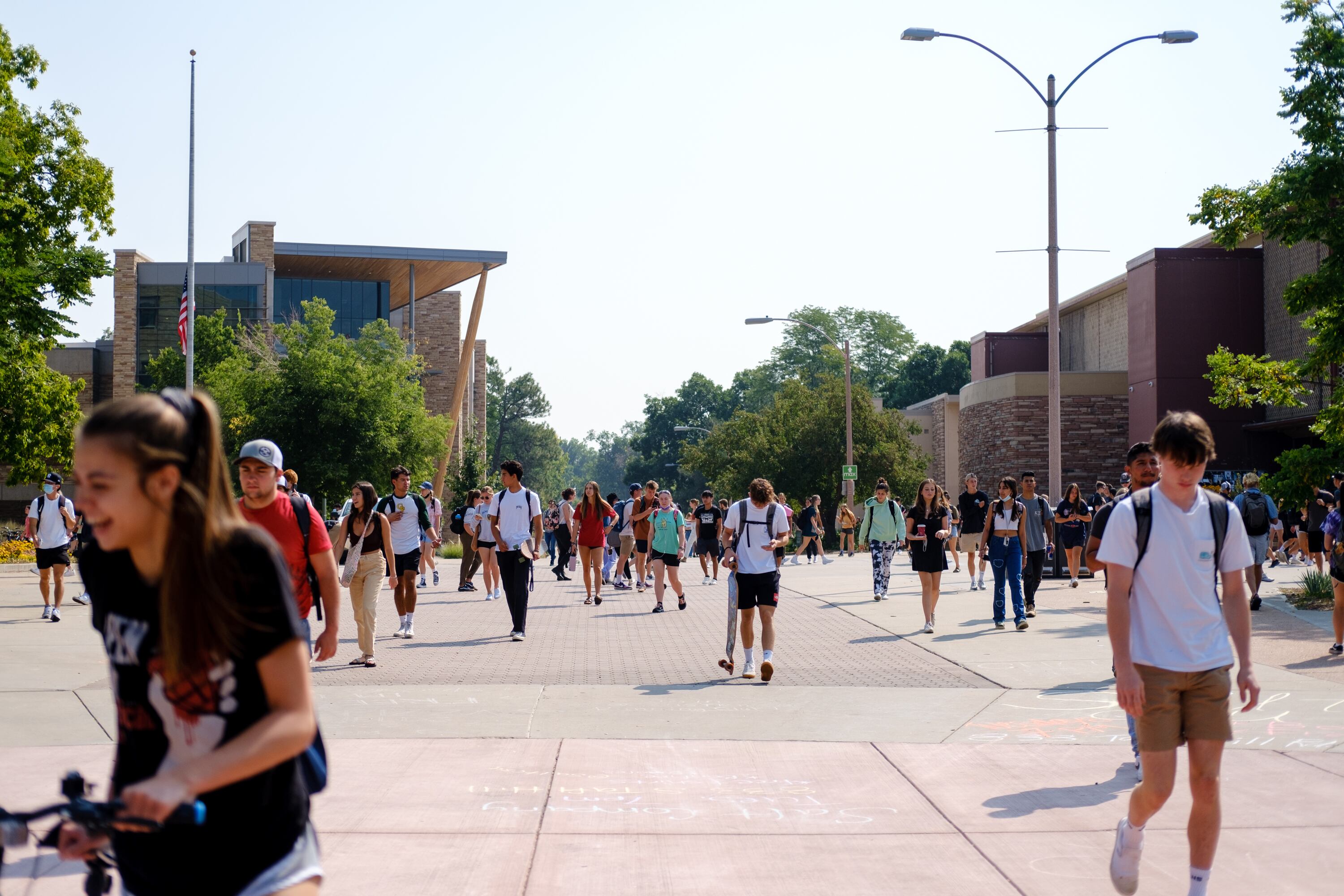Through 13 years on the job, Indiana’s higher education leader has sought to assuage the unrelenting skepticism of whether college is worth it.
As she approaches retirement, Commissioner Teresa Lubbers put the question back on colleges Tuesday in her final state of higher education address at the Statehouse.
It’s up to colleges to prove their value, Lubbers said — to bring costs down, to be more flexible for nontraditional students, to show how a degree or certificate matters in the workforce.
At a time when the future of higher education is uncertain, she said, the colleges that will survive “will resist the temptation for incremental change, but rather embrace the reality that students — young and older — will expect a dramatically different system of learning and ways of showing their competence.”
The college-going rate among Indiana’s high school graduates has fallen to 59%, down from 65% five years ago. Enrollment is particularly dropping among men and students of color.
Despite the perception of higher education institutions being slow to change, Lubbers said the pandemic has shown they can quickly adapt.
College officials acknowledge the challenges ahead. At IUPUI, for example, Executive Vice Chancellor and Chief Academic Officer Kathy Johnson is thinking about how to reach more working adults once the pandemic subsides and emphasizes the need for work-based learning opportunities.
“COVID has forced us to come to a turning point perhaps faster than we otherwise would,” she said. “The ways of doing our work have shifted. That can be to the benefit of students.”
Stephanie Wang covers higher education for Chalkbeat Indiana, which partners with Open Campus.






